At the Xingfu wholesale market in Conghua district of China you will find almost any animal – Snake, tiger, monkey, bear, pangolin and turtle. The display though is not for exhibiting the world of wildlife, but to sell the animals to prospective buyers who will later cook them for a meal. The country’s appetite for living creatures is an open secret but even as the Chinese government tries to bring stricter laws for those selling or buying endangered species, lax enforcement is still allowing hundreds of locals to put animals on the dinner table every day.
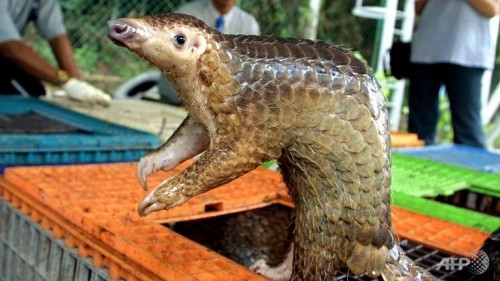
Locals in southern China are often overheard saying, they will “eat anything with four legs except a table”. It is an ancient way of life and one that the government is finding hard to alter.
China in April raised the maximum sentence for anyone caught selling or consuming endangered species to 10 years in prison, but in places like the Guangdong province it is evident that the strict laws have not been implemented yet in the streets where trading animals is a regular affair.
“I can sell the meat for 500 yuan ($A86.56) per half kilo,” a pangolin vendor at the Xingfu – “happy and rich” – wholesale market in Conghua said. “If you want a living one it will be more than 1,000 yuan.”
The seller could only add that the business was getting tougher because it is governed strictly nowadays.
Trading in all wild animals is not illegal. There are many that can be bought and sold out in the open. But what becomes alarming and questionable is the trade in known endangered, critically endangered and severely threatened wild animals. In the whole sale market traders can be seen in full force displaying their day’s ‘products’. There are snakes slithering inside white cloth bags, pangolins packed in dozens inside cages, turtles waiting to be slaughtered in huge tubs, wild boars, bear ducts, tiger bones, and giant salamanders – all species that have such low numbers in the wild that they may become extinct anytime in near future.
Wild Appetite
Eating parts of unusual wild animals is not just for their taste. For long, each animal’s consumption has been associated with certain health benefits which lack scientific evidence but are still eaten with fervour because of the tradition.
Pangolins, the scaly anteaters are prized by new mothers hoping to produce milk, and have become the focus of a vast smuggling industry stretching across southeast Asia – estimated to traffic tens of thousands of the animals each year. The international wildlife trade treaty CITES, has protected these creatures, a treaty signed by China, but trade is still booming.
It was in 1989 that China first forbid trade in many wild animals like the Chinese pangolin, but execution of the ban was never easy with the economic boom.
In April, a new interpretation of the 1980s law was approved which could see jail sentences of up to 10 years for those caught eating endangered animals, as well as for sellers.
Jill Robertson, CEO of Hong Kong-based charity Animals Asia, described the enhanced penalties as a “positive step” but added that “enforcement must be strengthened, and public education and awareness greatly enhanced”.
“The illegal wildlife trade in general has become a multi-billion dollar business in China,” she said.
In May border police in Guangdong province seized 956 frozen pangolins, reportedly weighing four tonnes!
Secretive Selling
The only change that is visible in recent times after the amendments in the law is the way the animals are on sale in markets and restaurants. Last year, a chef surnamed Wang told reproters that his restaurant sold pangolin for 2,000 yuan per half kilo, adding,
“We usually braise them, cook it in a stew or make soup, but braising in soy sauce tastes best.”
But when recently contacted around a dozen restaurants specialising in “wild flavour” none admitted to selling the meat.
Tian Yangyang, a researcher for Chinese advocacy group Nature University, found that eateries in Guangdong don’t publicise their wild recipes nowadays, but they are still offered to trusted customers.
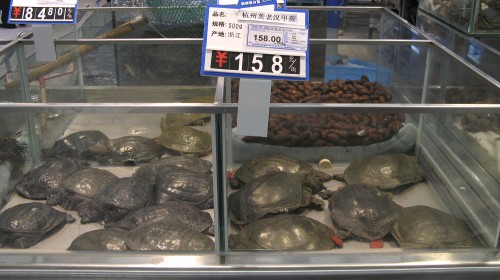
Last year he found eagle and swan in the menus.
“I am not optimistic the the rules will be enforced, because the legal system in China is still not very robust,” he said, adding that the trade in protected animals “is getting worse, because it has been driven underground”.
The sale of other animals is not that discreet, especially snakes.
At a Guangzhou roadside establishment specialising in snake stew, live king cobras in cages were bestsellers. The animals are classified as “vulnerable” on the Red List due to habitat loss and “over-exploitation for medicinal purposes”.
“Eating this kind of snake is good for the throat and head,” said a 17-year-old customer. “I didn’t know they were endangered,” she added, before tucking in enthusiastically.
More Related Stories,
India Ends Brutal Slicing of Shark Fins
8 Reasons Why Tigers are Dying and What you can Do to Save them
Lion Bones Now Substitute Tiger Bones in Traditional Medicine

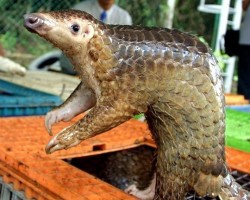
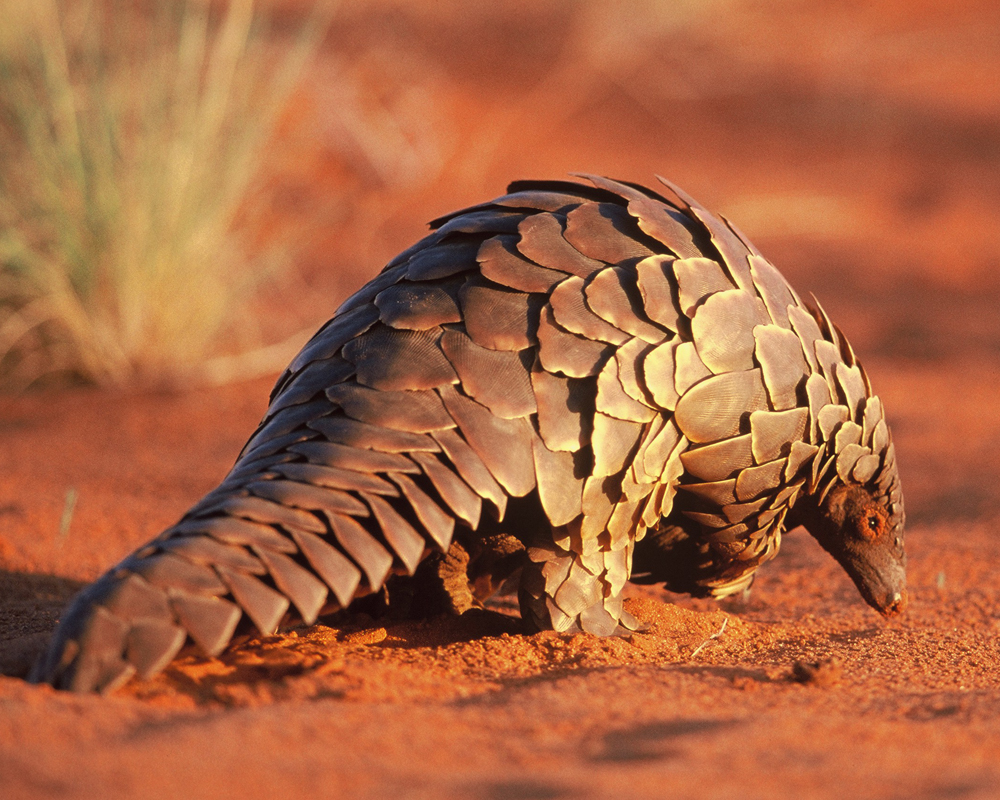
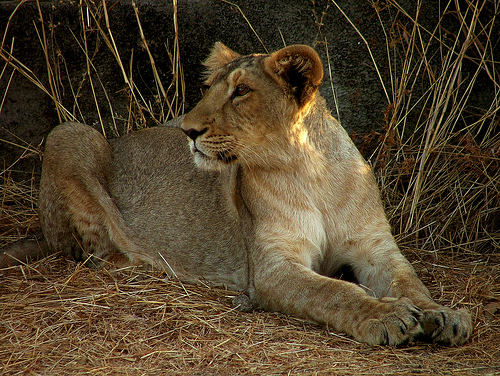

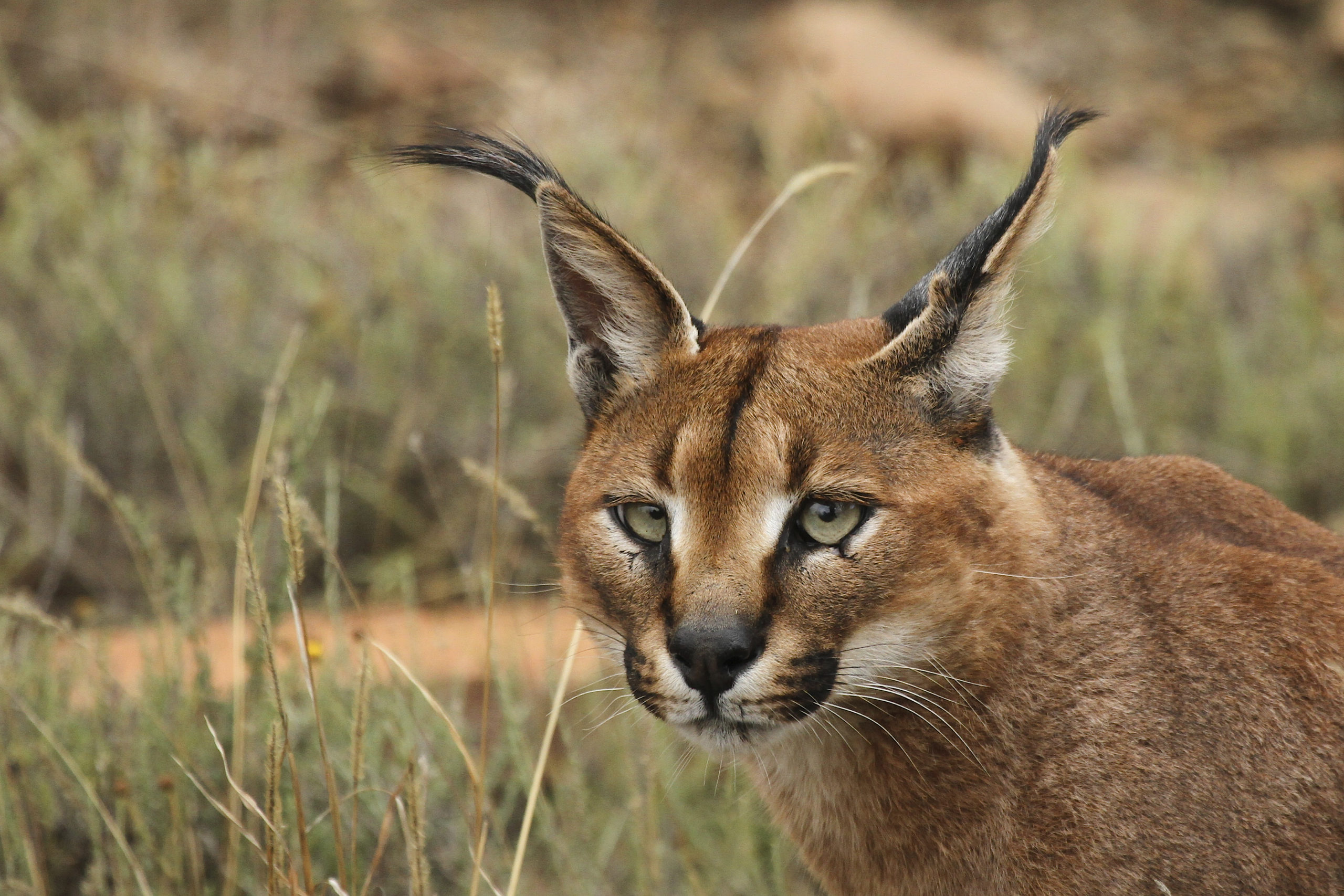
Great news